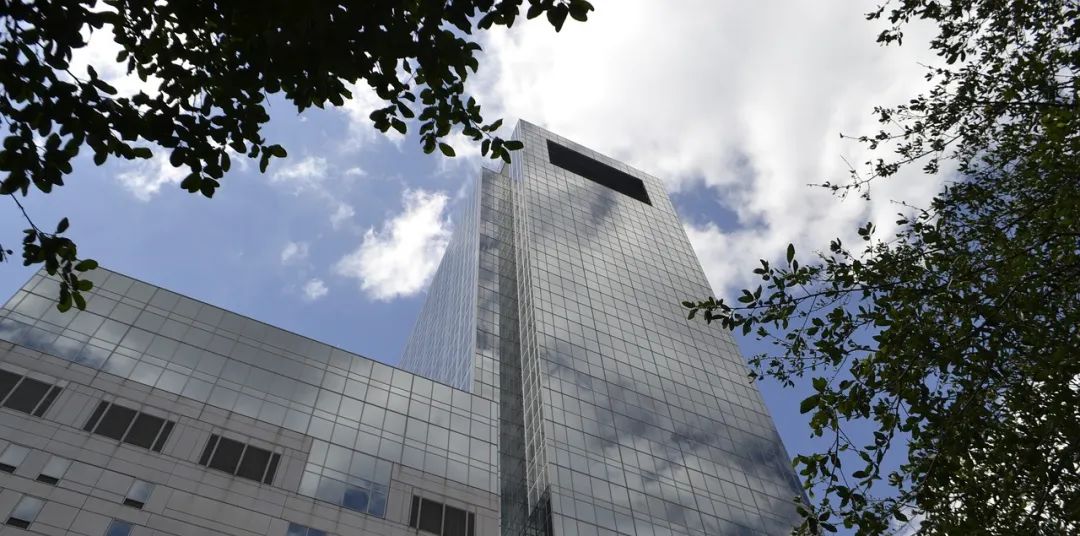
Important Notice of Singapore’s EP and SP Qualification Criteria
S Pass (SP) applicants: The minimum monthly salary requirement has been raised to SGD 3000, and for the financial services sector, the minimum monthly salary for S Pass applicants has been raised to SGD 3500. Existing EP and SP holders seeking renewal will need to meet the new income criteria by September 1, 2023.

EP Compass evaluates the following basic dimensions and bonus items: (Each item is worth 20 points)
Basic Dimensions:
- C1. Age
- C2. Education
- C3. Workforce Diversity
- C4. Local Workforce Contribution
(C1) + (C2) criteria are for the individual, while (C3) + (C4) criteria are for the company.

A score of 20 points is given if the salary is equal to or above 90% of peers in the same industry and age group, 10 points for 65%-90%, and no points for below 65%. Graduates from reputable universities earn 20 points, while those with regular bachelor’s degrees or equivalent qualifications earn 10 points.
Company workforce diversity is assessed. If the applicant’s nationality constitutes less than 5% of the company’s white-collar workforce, they earn 20 points; 5-25% earns 10 points, and above 25% earns no points. For example, if a company has 100 white-collar employees, with 99 locals and 1 Malaysian, a new EP applicant from Malaysia falls within the 5% threshold and earns 20 points.
Supporting local employment. If local Singaporean white-collar employees make up 50% or more of the company’s white-collar workforce, the company earns 20 points; 20%-50% earns 10 points.
For smaller companies with less than 25 white-collar employees, it’s challenging to meet both (C3) and (C4) requirements. Therefore, a special policy gives companies with fewer than 25 employees in this category 10 points each for (C3) and (C4).
Bonus Points:
• Skills Incentive (up to 20 points) – Individual criterion
• Strategic Incentive (up to 10 points) – Company criterion
In-demand industry professionals can earn an additional 20 points. The notion of in-demand industries is tied to contributing to Singapore’s internationalization and innovation. This criterion requires close collaboration between the employer and government agencies and institutions.
 From the EP Compass, it’s evident that the Ministry of Manpower (MOM) focuses on the following aspects:
From the EP Compass, it’s evident that the Ministry of Manpower (MOM) focuses on the following aspects:- Whether the applicant can contribute to higher income tax for Singapore
- Graduates from internationally renowned universities
- Workforce diversity in companies, promoting multicultural development
- Companies that provide employment opportunities to local Singaporeans
Furthermore, a new foreign workforce tax framework will replace the existing foreign worker quota system, encouraging the employment of more high-skilled work pass holders and supporting more non-traditional work arrangements. To provide companies with sufficient time to prepare, adjustments to the foreign worker ratio cap and foreign workforce tax will come into effect in January 2024.

